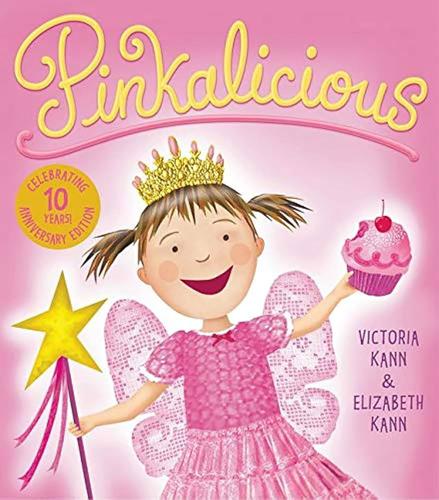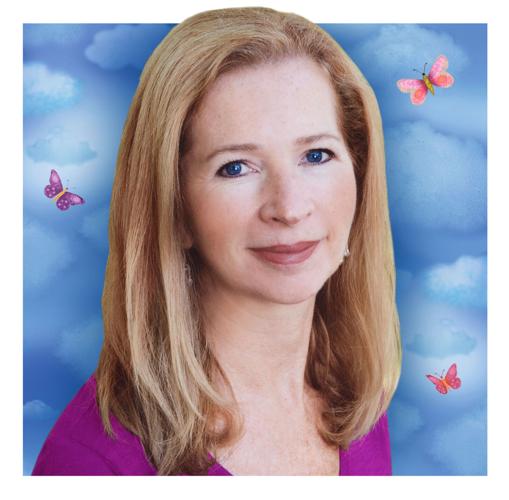
Victoria Kann
In October, roughly 400 books were removed from Wilson County Schools’ libraries in response to the Age Appropriate Materials Act of 2022. The state law, passed by Tennessee’s Republican supermajority, requires schools to remove books containing “sexual” and “patently offensive” content and includes a process for parents, students or school staff to challenge books included in schools’ public library catalogs.
A representative for Wilson County Schools told the Scene at the time that the district’s librarians created the list in order to comply with the law — and when seeking clarification from the Tennessee Department of Education, they were directed to consult with their own legal personnel. Among the removed materials were books addressing injustices and exploring dystopian societies, including Margaret Atwood’s The Handmaid’s Tale, Toni Morrison’s The Bluest Eye and Maya Angelou’s I Know Why the Caged Bird Sings.
To the confusion of many, several childhood favorites were also cleared from shelves, including Dr. Seuss’ Wacky Wednesday and Victoria Kann’s Pinkalicious. Kann posted about the ban on social media, attracting online attention and causing many readers to question why a book about a little girl who loves cupcakes and the color pink was deemed controversial. (A request for further comment from Wilson County Schools was not returned. After our interview, Kann informed the Scene that a source says the book was banned due to an illustration in which the Pinkalicious character is in her underwear.)
Kann recently spoke to the Scene by phone. This interview has been edited for length and clarity.
District removes books including ‘The Bluest Eye,’ ‘The Handmaid’s Tale’ and Dr. Seuss’ ‘Wacky Wednesday’ to comply with state law
What was your reaction when first finding out about this ban?
Sadness. It’s a very sad day when 400 books are banned from a school system. That means that education is being limited.
What did you do after discovering that Wilson County Schools banned Pinkalicious?
I called the library in Wilson County today for a variety of reasons. First of all, I wanted to know that they had enough books, because if there aren’t books in the schools, there needs to be books in the public library. Second of all, I wanted to know if they knew about it and what the reason was. I guess there are some very loud parents that are making this occur.
Many people showed their support after you posted about the ban on social media. Most readers are wondering why a school district would ban a book about a girl who loves pink. What has this support meant to you?
The support is absolutely incredible. People have left messages about how they grew up reading Pinkalicious, that they were Pinkalicious, that Pinkalicious was a role model for them. The book has touched the lives of so many people. I’ve done over 80 books, and Pinkalicious is about loving yourself for who you are. Every message that I write is to help educate children. These are messages that kids need to hear, and it needs to be told in a funny way. The other thing that’s really interesting is that a lot of people don’t understand what a book ban is. There were comments in which people said that it’s not actually banned because you can still buy the book, but that’s not the point. The point is that, if it’s taken off a shelf in a school system, then it is banned. The point is free access. Children need to have free access to books in school libraries and public libraries.

Why is it important for children’s reading in schools to not be restricted by book bans?
Where do I even begin? First of all, when you take 400 books out of the school system, what is left? Are there books there that will connect with children? By taking away books, you’re limiting diverse perspectives, and you are limiting the ability for children to develop critical thinking. I think every parent should monitor what their child is reading at home, but they should not say, “This book doesn’t belong here.” It’s really not up to them. It undermines professional judgment. My goal is to empower children to be problem solvers. They’re the future leaders of our culture and society. They need to solve their own problems. So removing books reduces the ability for children to understand different ways to solve problems. Another reason is it politicizes education. This goes beyond being Democrat or Republican. Books should not be influenced by political ideology. We should have all different kinds of books available.
This is happening across the country. In January, the U.S. Department of Education ended investigations into book bans, and it no longer has a book-ban coordinator to investigate parents and school districts. In response to nationwide bans, many authors have advocated for their books to still be available in schools. How will you proceed from here, and do you plan to take action?
That’s a really good question. First of all, I’m speaking out about how there needs to be free access to books in schools and libraries. Today I immediately called the [Wilson County Public Library], and I said, “Go on my website, choose whatever books you want, and I’ll send them to you,” so that they have those books available. There are so many households where children don’t have books. Literacy is a huge problem in this country. It’s really important to make sure children have books that they can read and that they love to read.







